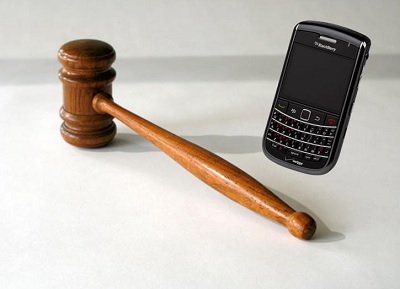New report shows that the demand for m-commerce platforms is growing quickly
Infiniti Research has released a new report concerning the state of the U.S. mobile commerce market. The report indicates that the U.S. has become one of the most active markets in the world when it comes to mobile commerce and the market is saturated with demand from consumers for new services and better mobile-centric platforms. Several businesses in the U.S. are beginning to take the mobile space more seriously and telecommunications companies are working on ways to make mobile commerce as a whole more accessible.
Handful of companies establish leadership in the US mobile market
According to the report, there are only a handful of organizations that can be considered dominant in the mobile commerce market. These organizations are Isis, PayPal, Visa, and Citibank. Square is also considered to be a leader in the North American market and the company is often credited with helping make mobile commerce more inclusive of iOS users. PayPal has also helped make mobile commerce more accessible to iOS users as these people do not typically have access to NFC technology, which is used for many mobile commerce platforms.
Mobile coupons succeed in boosting mobile sales for retailers
The report shows that retailers are beginning to engage with mobile consumers more aggressively than they have in the past. Many retailers are introducing mobile coupons as a way to encourage mobile engagement. These coupons are used to boost mobile sales and have been quite successful in this endeavor as the number of people that use mobile wallet applications continues to grow throughout the country.
Security continues to be one of the most serious problems there is in the mobile commerce space
The report notes that one of the major issues that consumers have with mobile commerce has to do with security. Many mobile commerce platforms have been targeted by hackers and malicious groups that are seeking to exploit a person’s financial information. Even businesses that are involving themselves in the mobile commerce space have found it difficult to provide consumers with a secure experience.


